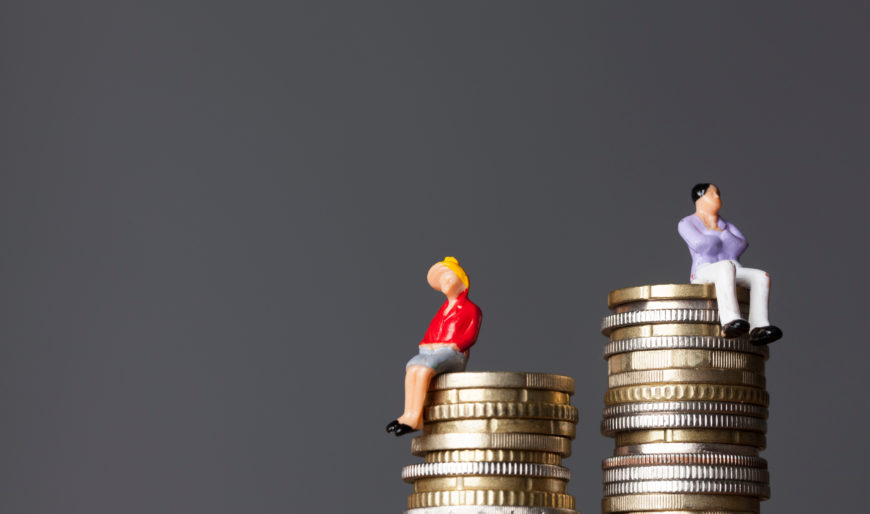The virus infects both the rich and the poor. That is true.
But what that statement hides is that the exposure to and incidence of infection is different for different classes in our society.
Exposure
First of all, many more higher-income earners are able to heed the advice to self-isolate and work from home.
Doctors and perhaps train drivers apart, it is the lower earners who, if they have managed to retain their jobs, are exposed to the daily risks of travel to work, of dealing with the public face to face and of employers who disregard both the statutory duty to provide personal protective equipment and the public health advice to ensure workers are two metres apart at their workplaces and in access routes.
Among these are, of course, the “essential” workers in nursing, cleaning, care, food production, warehousing, essential retail and transport. Their heroism is rightly praised.
Just as their exposure to coronavirus is much greater, their terms and conditions of work are much worse.
These are the most lowly paid, insecure and disposable workers in the country, the casuals, the zero-hours workers, the agency workers, the “limb (b) workers,” the gig workers.
They have no voice at work — their employers refuse to bargain collectively or where there is a collective agreement the guts have been ripped out of it with no bargaining permitted over pay, or bargaining over pay but nothing else.
Susceptibility
These bleak characteristics lead to yet another problem. As the recent Marmot Report (written before the pandemic) demonstrated, and as the medical literature has been saying for decades, inequality of income is precisely reflected in inequality of health.
And this is not an issue that affects only the poorest.
As Marmot said: “health inequalities are not confined to poor health for the poor and good health for everyone else: instead, health follows a social gradient. Everyone below the top has greater risk of worse health than those at the top.”
And if your pre-existing health is not so good, you will be more susceptible to coronavirus.
As the government pamphlet delivered to the population yesterday reminds us: “Those who have an underlying health condition are likely to be more seriously affected.”
In other words, if your pre-existing health is not so good, you are likely to get coronavirus worse.
The research shows that inequality also creates a higher rate of mortality. The poor die earlier than the rich.
So, while the entire population is at risk, the incidence of illness and death from coronavirus will be greater among working-class people than among the rich (Boris notwithstanding).
Slump
It is, of course, the lower earners who are the most likely to be thrown out of work; as the Institute for Fiscal Studies reported on Monday: one third of employees in the bottom 10th of the earnings distribution work in shut down sectors (restaurants, bars, non-essential retail, sport and entertainment) compared with just 5 per cent of those in the top 10th.
The scale of the slump is predicted to be worse than 2009 and probably as bad as that of the 1930s.
In the last three weeks 1.2 million new claims for universal credit have been registered.
But among those in the shut-down industries, the young predominate. Just before the crisis, 30 per cent of all employees under the age of 25 worked in the industries now shut down. So many of the most likely to be fit and resistant are laid off.
A radical response
All this was so unnecessary. The future must be changed. We need the reversal of 40 years of neoliberalism draining wealth and income from the many to the few.
In 1976, the percentage of GDP which went to wage earners was 65.2 per cent. By 2019 the wage share had been driven down to 49.2 per cent.
That redistribution of wealth matches the collapse of collective bargaining in this country.
In 1976 86 per cent of British workers were covered by a collective agreement; in 2019 it was less than 25 per cent.
As union representation and worker voices were driven from the workplace, so pay, terms and conditions were driven down and more wealth extracted in profits and dividends.
Now we need a complete revolution in the legal framework for workers, to restore collective bargaining and have meaningful workplace rights to give security, dignity, voice and a decent income.
The tragedy of coronavirus will provide the reason and the opportunity to make this happen.










Hear no evil; see no evil…